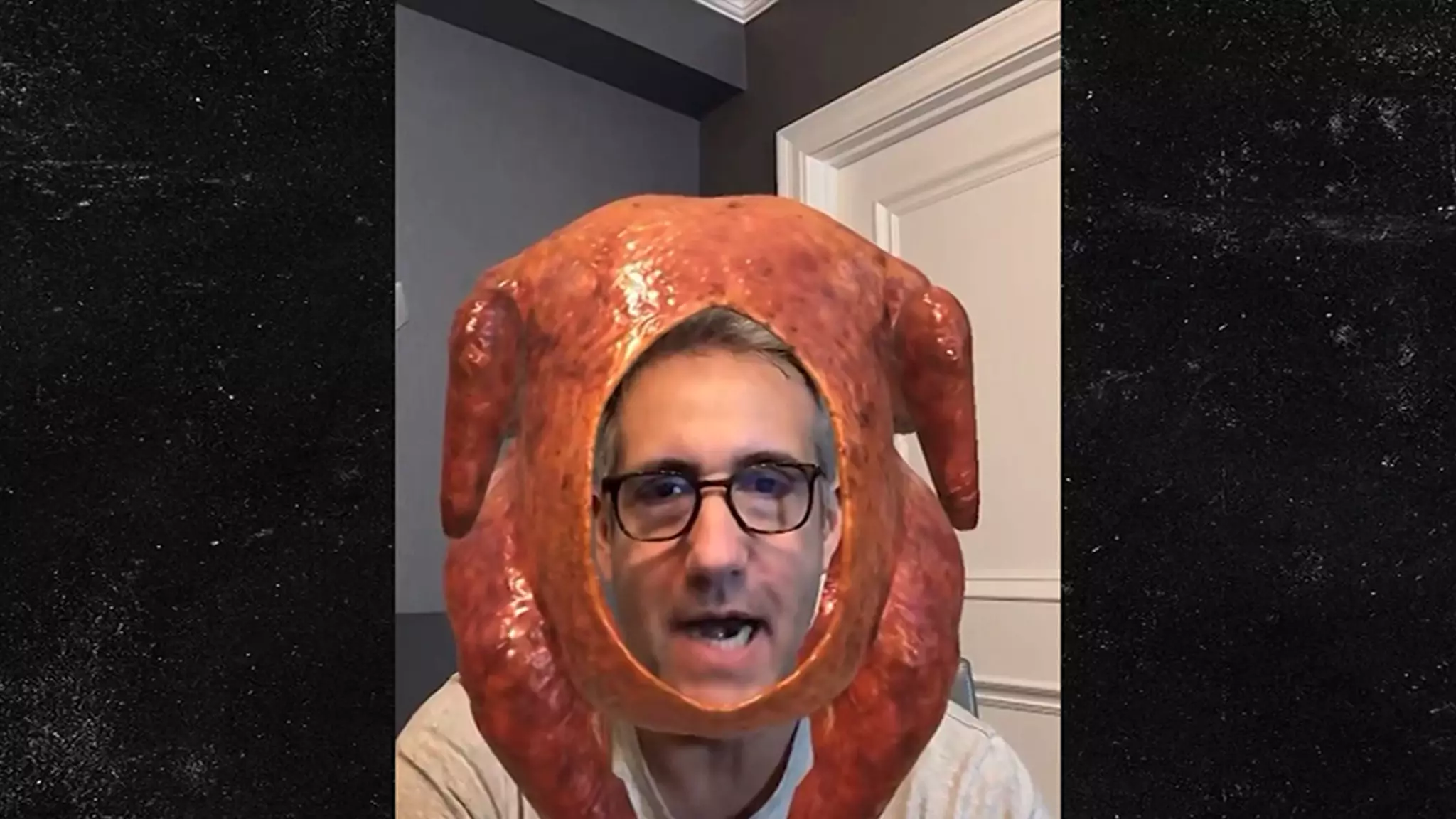Michael Cohen’s journey from confidant of former President Donald Trump to a controversial figure embroiled in online disputes highlights not only his tumultuous personal narrative but also the complexities of redemption in the public eye. Recently, Cohen has been the target of online trolls who have provoked him with messages reminiscent of his earlier declarations of fleeing the country. While Cohen has made it clear that he plans to stay in the United States, his responses to these jabs offer a glimpse into the difficulties faced by public figures attempting to reclaim their narrative amidst a sea of mockery.
In September, Cohen jokingly suggested that he might leave the country if Trump won reelection, humorously noting his progress on obtaining a foreign passport under an alias. Although meant as a light-hearted quip, the statement resurfaced recently to undermine his efforts at a serious dialogue about his place in American society. Cohen’s response to social media attacks showcases the thin line between humor and frustration in the digital age, where a light-hearted joke can quickly evolve into a point of contention.
What makes this situation particularly captivating is how Cohen attempts to assert his identity against a backdrop of trolling. He emphasizes that the United States is his home, and he intends to remain. This assertion is muddled, however, by distractions arising from viewers exploiting social media features; users can pay to place animated “turkey heads” on Cohen’s face during his live broadcasts. The very act of humor at his expense becomes a conflict, illustrating how social media can twist intentions and highlight vulnerability, especially for figures with a tainted past.
As Cohen reacted to these pranks with rising agitation, stating he would block those responsible, he inadvertently fed the cycle of trolling. The attention might have even led to a financial windfall, where the attention drawn from his ill-spirited interactions could potentially benefit him financially. It raises questions about the correlation between personal turmoil and public engagement; does becoming a target for ridicule yield profit, or merely pain? Cohen’s dilemma encapsulates the reality that internet fame—even of the unwanted variety—often comes with its own set of financial rewards.
Cohen’s experiences serve as a reminder that public figures are not only chronically vulnerable to online ridicule, but are also often caught in an unpredictable cycle of engagement that can reinforce their notoriety. While he fights mockery with indignation, he has also become a spectacle in his own right, illustrating the paradox of seeking redemption in a world driven by virality. As he strives for a comeback, the intersection of humor, pain, and investment in personal brand remains a chaotic arena where everyone—including Cohen—must navigate carefully in their quest for respectability.

